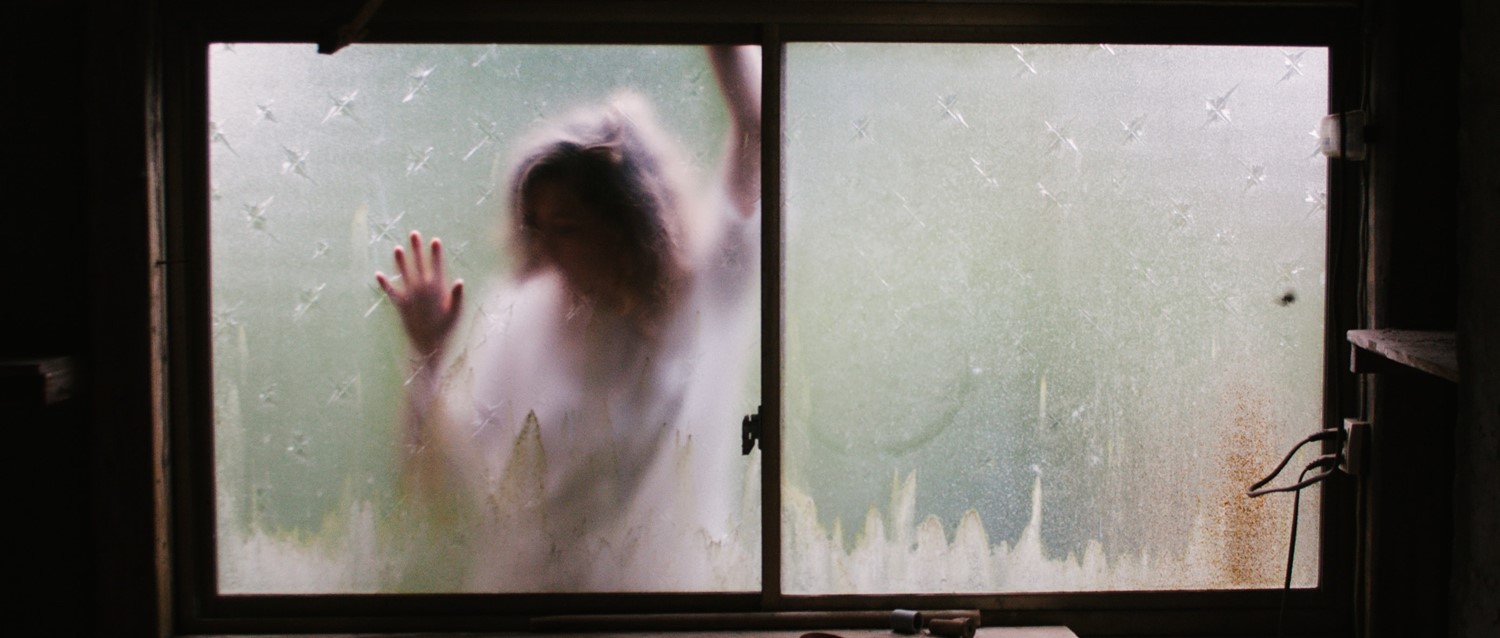
What it's like to experience claustrophobia
Peer reviewed by Dr Sarah Jarvis MBE, FRCGPAuthored by Lydia SmithOriginally published 14 Sept 2020
Meets Patient’s editorial guidelines
- DownloadDownload
- Share
- Language
- Discussion
- Audio Version
I first experienced claustrophobia on a hot, packed Tube train when I was 22. As it left the station, it stopped at a red light in a tunnel. I knew this was normal. But after a few seconds, I began to feel strange.
In this article:
I could feel the air thinning around me, and I couldn't breathe. My vision was littered with dark spots and I could feel sweat dripping down my neck. Everything seemed louder and more intense. At that point, not realising I was having a panic attack, I thought I was going to die.
Continue reading below
What is claustrophobia?
An estimated 10% of people in the UK are affected by claustrophobia during their lifetime. It's usually defined as the irrational fear of confined spaces, often experienced even when there is no obvious or realistic danger in a particular situation. All kinds of different situations can trigger claustrophobia, including lifts, trains, planes, cars and tunnels.
After that first incident on the Tube, I began to experience these attacks more frequently. I started getting the bus across London just to avoid the Underground, so it would take me ages to get anywhere. I hated tunnels and lifts. Unfortunately, my office was in a high-rise building, so every morning I would listen to music and try to ignore the feeling of the walls closing in.
"One may experience anything from mild discomfort to overwhelming panic in spaces such as lifts, anywhere with crowds, public toilets or even revolving doors," says Dr Audrey Ng, a consultant psychiatrist at Priory Hospital Roehampton. "Having MRI scans for some people is extremely difficult to contemplate if they suffer with claustrophobia."
The symptoms vary, but can include excessive fear, sweating, flushing or chills, nausea, trembling, heart palpitations, difficulty breathing, feeling faint or dizzy, headaches, or a tightness in the chest.
"Severe claustrophobia can also cause people to dread activities that may be confined. It can also result in a fear of fainting, a fear of losing control or even a fear of dying," Ng says.
What causes claustrophobia?
Back to contentsThere's no one clear cause, and it can come about seemingly randomly. However, past trauma can play a part in developing claustrophobia.
"Not uncommonly, the onset of claustrophobia can be traced back to a traumatic event in a person's history," Ng explains.
"Often this will have happened in childhood but can occur at any age. As an example, adults having had an experience of being stuck in a lift or on a train in a tunnel may develop a fear of them, depending on the associations that they give to that event, which can be traumatic."
Other known predisposing factors are having been bullied or abused as well as being trapped.
"Having a first-degree relative with claustrophobia makes one more likely to develop the condition," Ng adds. "This suggests that genetics play a part, and there is also the possibility of the person developing learned behaviours or more complex associations when living with their relative's anxieties."
Continue reading below
The impact of claustrophobia
Back to contentsFor years, I thought I was losing my mind. I didn't tell anyone about being claustrophobic or having panic attacks, knowing how silly and illogical it seemed. I knew it was unlikely that I would get stuck in a lift and die, but it didn't stop me from being terrified. It was also exhausting to feel anxious every day and have to plan out ways to avoid small spaces.
"Claustrophobia can have a very real impact on a person's life because there are a variety of everyday situations that can feel very confining for someone suffering from claustrophobia," says Dr Elena Touroni, a consultant psychologist and co-founder and co-CEO of My Online Therapy. "Panic attacks are common which can lead to the avoidance of situations which provoke feelings of anxiety."
Depending on its severity, it can affect many different aspects of daily living. "It could be problematic for someone to manage how to get to work if they cannot manage public transport or crowds," adds Ng. "The fear of using confined public toilets may make it impossible to stay at work."
Some people may avoid socialising if they're afraid others will notice their anxiety and not understand. "These are just a few examples of the possible day-to-day impact of this condition," Ng says. "One's self-esteem and confidence may slowly be eroded as the fear leads to avoidance and inevitably a shrinking of the person's activities, social network and even environment if not treated."
What treatments are available for claustrophobia?
Back to contentsAlthough many people with claustrophobia avoid small spaces, this can actually make things worse. "It will provide temporary relief but in fact will make the problem worse in the longer term as more and more situations and spaces are avoided," Ng says.
Cognitive behavioural therapy (CBT) is an effective treatment for claustrophobia and is focused on reducing some of the distortions in thinking. Desensitisation and exposure therapy can be part of this. Patients often benefit from behavioural experiments which allow them to be able to return to previous activities successfully.
"In exposure therapy, your therapist will work towards gradually exposing you to your fears. So at first, this might involve just looking at pictures of tight spaces - ultimately working up to you being inside a tight space," Touroni says.
In the UK, IAPT (Improving Access to Psychological Therapies) can provide this and you are able to self-refer - you can find details and refer yourself to your local services by registering with the Patient Access app. If needed, your GP can also assess you and help get the right treatment in place. You can also book private talking therapy if you would prefer.
"In some cases, a specialist in mental health may be needed if the situation is more complex," Ng adds. "This is where psychiatrists work in tandem with therapists to try to achieve the best outcomes in partnership with the patient."
Talking therapies can be effective on their own or in combination with medication, which can help with the underlying anxiety or low mood.
For me, taking medication and undergoing CBT helped hugely and have enabled me to cope with generalised anxiety too, although I still struggle with small spaces.
Organisations including Anxiety UK and Mind offer advice and support if you are experiencing claustrophobia, anxiety or any other mental health issues.
Patient picks for Phobias and fears

Mental health
Overcoming your fear of needles
It goes without saying that nobody likes injections. Faced with a routine visit to the pharmacist - be that for a travel vaccination or a flu jab - most people treat the experience as a necessary evil. For some people, however, disliking injections runs a lot deeper than that. It is estimated that up to 10% of the population have a genuine needle phobia, meaning they have a persistent and excessive fear of needles. This can manifest as deep anxiety before and during the consultation, or even avoiding vaccinations altogether.
by Abi Millar

Mental health
Facing your fear of the doctor: tips for easing medical anxiety
Many of us feel anxious or nervous when visiting the doctor. But people with iatrophobia have a more intense, irrational fear. If you have doctor anxiety, we have some advice from a medical professional to help you overcome it.
by Victoria Raw
Article history
The information on this page is peer reviewed by qualified clinicians.
14 Sept 2020 | Originally published
Authored by:
Lydia SmithPeer reviewed by
Dr Sarah Jarvis MBE, FRCGP

Ask, share, connect.
Browse discussions, ask questions, and share experiences across hundreds of health topics.

Feeling unwell?
Assess your symptoms online for free
Sign up to the Patient newsletter
Your weekly dose of clear, trustworthy health advice - written to help you feel informed, confident and in control.
By subscribing you accept our Privacy Policy. You can unsubscribe at any time. We never sell your data.